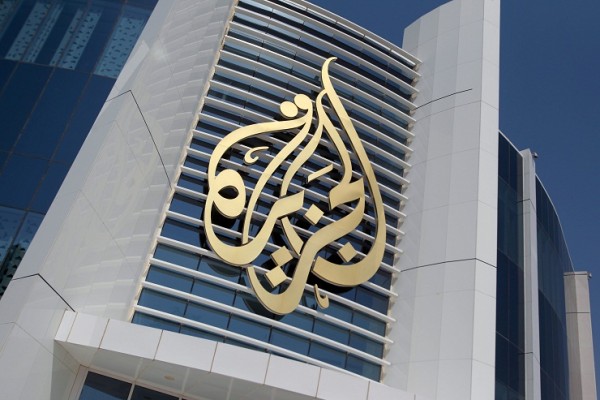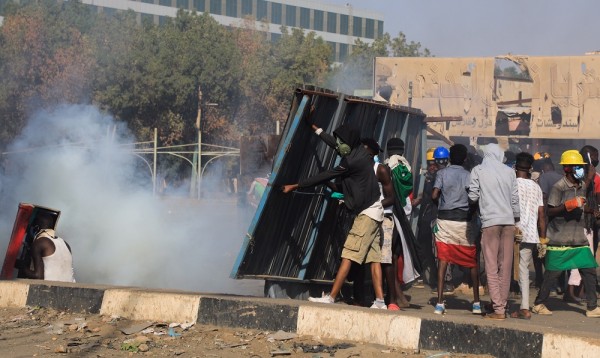The International Press Institute (IPI) today urged Sudanese authorities to drop criminal charges against at least five journalists who have published articles regarding the alleged rape and torture of a female youth activist while in the custody of security services.
Journalist Omar el Garrai and the editor of Ajras Al-Hurria newspaper Abdallah Sheikh were in court in the capital, Khartoum, on 29 May, to face criminal defamation charges, according to a press release by the African Centre for Justice and Peace Studies (ACJPS) and other news reports.
The article, published by el Garrai, was about the brutal treatment of activist Safiya Ishag, who was allegedly tortured and repeatedly raped by members of the National Intelligence and Security Services (NISS) while in their custody. Ishag was taken into custody after a 30 January demonstration in Khartoum.
Other journalists facing criminal charges because of their reporting on Ishag’s case are Faisal Mohamed Saleh, Amal Habbani and Faiz al Silaik, according to ACJPS.
“We had a very short hearing on Sunday [29 May], which lasted about five minutes, and then the trial was postponed until June 28… Up to now, we know that there are five of us being tried,” AFP quoted Saleh as saying.
Ahmed Osman, editor-in-chief of the The Citizen newspaper, and journalist Nahid Mohamed Al Sassan, were also served with summons but have not been made aware of the charges against them, or given a court date, ACJPS and the Committee to Protect Journalists (CPJ) said.
Freedom of expression in the north of the country remains endangered as the government in Khartoum and the NISS continue to use arbitrary arrests, intimidation and seizures to control and censor the media.
“More than nine journalists will appear before the courts on charges of defamation of the security apparatus,” Khartoum-based journalist Abdelgadir Mohamed Abdelgadir told IPI in an emailed statement, adding that the charges are “poorly worded, with vague provisions that give no specific definition of the criminalized acts.”
A number of activists have lost their lives in security detention, but these incidents are rarely covered by the media because of a “prevailing climate of fear among journalists,” Abdelgadir said. “It [has become] very clear that anyone who criticizes these forces will be imprisoned or tortured.”
Media in South Sudan also continue to face threats.
Mohammed Arkou Adiebou Ali, a radio journalist for the Sudan Radio Service, was arrested in Wau, in the state of Western Bahr el Ghazal, on 11 May for allegedly taking photos without permission, Reporters without Borders reported. The journalist was reportedly badly treated during the three weeks he spent in detention before being released in Juba, South Sudan’s capital, over a week ago.
“We strongly condemn attempts to punish and imprison journalists who cast a spotlight on alleged abuses by security forces,” IPI Press Freedom Manager Anthony Mills said. “We call on Sudan to drop the criminal defamation charges against the accused reporters. Freedom of expression cannot exist in an environment where constant control and intimidation of journalists prevails.”


